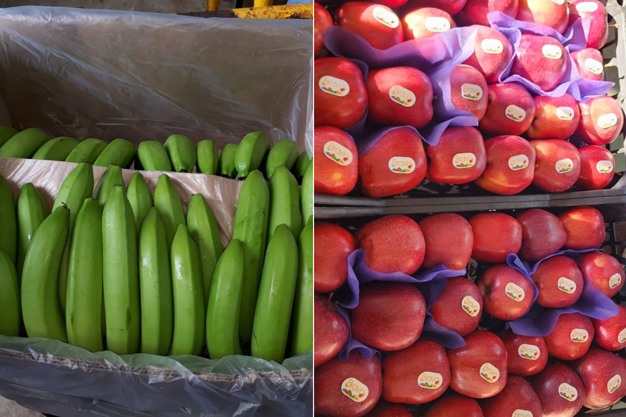Historically, Libya is not known as an exporter of fruit products, with the exception of dates. "Domestic production of fruit and vegetables is limited in volume, and there is no surplus available for export. On the other hand, we import a large part of the local market's needs", says Tarek Yaqob Shakeer, a Libyan importer of fresh produce.
"However, I regret to say that the market is stagnant at the moment. The import situation is very bad; I would go so far as to say that I have never seen such a bad situation," says Shakeer.

The reason for this stagnation, according to the importer, is the imbalance in the exchange rate, which has led to the devaluation of the Libyan dinar against the American dollar, making imports much more expensive. "At the same time, global inflation is not calming down and consumers' purchasing power is plummeting. One of the first casualties is the fruit sector. People are simply no longer buying imported fruit."
" In normal times, fresh produce imports are very dynamic in Libya", continues Shakeer. "All our vegetable needs come from Egypt, and fruit comes mainly from neighboring Tunisia and Turkey. We also used to import from other countries, such as Ecuador, Poland, Italy and others."
For more information:
Tarek Yaqob Shakeer
Alard Althamina
Tel: +218912148721
Email: [email protected]
www.plivf.com
